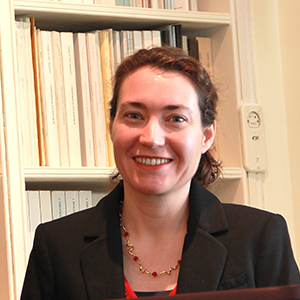
John M. Drake
Regents’ Professor
Distinguished Research Professor
Director, Center for the Ecology of Infectious Diseases (CEID)
Director, Global Infectious Disease Intelligence Consortium (GIDIC)
University of Georgia
Lab Website: Laboratory of Population Dynamics
Dr. John M. Drake is a Regents’ Professor and Distinguished Research Professor in the Odum School of Ecology at the University of Georgia. His research seeks to understand the dynamics of biological populations and epidemics, focusing on how to bring experimental and observational data together with mathematical theory.
Biological phenomena of interest include extinction, fluctuations in variable environments, the spatial distribution of populations (niche theory), Allee effects, demographic stochasticity, spatial spread, and near-critical dynamics. Practical applications of this work include decision support for managing invasive species, mapping the spread of infectious diseases, and forecasting disease emergence. Recent projects concern the dynamics of Ebola virus in West Africa, spread of White-nose Syndrome in bats, and the development of a new theory for early warning systems of emerging infectious diseases.
Drake has an interest in history and philosophy of modern (twentieth century) biology. Drake received his PhD from the University of Notre Dame in 2004 and was a Postdoctoral Fellow at the National Center for Ecological Analysis and Synthesis in Santa Barbara, California from 2004-2006. He has been at the University of Georgia since 2006. He was Leverhulme Visiting Professor in the Department of Zoology at Oxford University in 2012.




